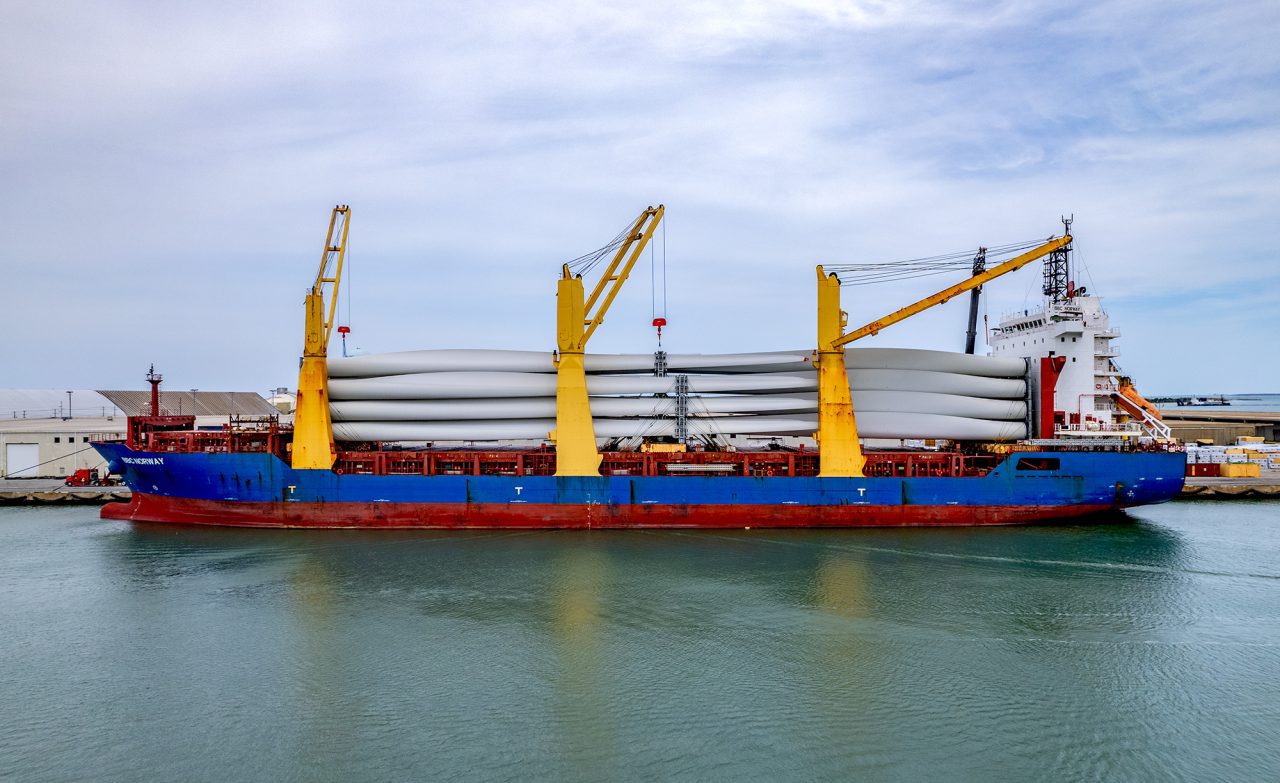
Less than two weeks after Inauguration Day, the University of North Carolina Wilmington’s Blue Economy Index plummeted to almost 10% of its historical high.
President Donald Trump’s return to the White House, where on Day 1 he immediately began firing off a slew of executive orders unraveling those of his predecessor, clearly spooked investors of ocean-related economic activities.
Supporter Spotlight
But that’s not an atypical reaction when a newly seated president is certain to create upheaval in terms of policy changes, according to Dr. Miran Hossain, UNCW’s associate professor of finance.
Hossain doesn’t suspect it will last because, as he puts it, “you can’t deny the ocean.”
“Policy uncertainty does affect the market volatility,” Hossain said. “I totally believe that the underperformance that the index is showing, it’s definitely because of investors panicking and not knowing what’s going to happen for the next four years, at least in terms of the policies.”
The UNCW Blue Economy Index went live a year ago, debuting as a first-of-its kind benchmark that tracks companies that earn revenue through the use of ocean resources. This can be anything from cruise lines to offshore energy companies — oil, gas or wind — to container shipping, marine equipment and construction.
The index was developed in collaboration with the UNCW Cameron School of Business, UNCW Center for Innovation and Entrepreneurship, or CIE, and CIE’s Alliance for the Blue Economy.
Supporter Spotlight
The index, ticker: BLUEECO for those of you who check the Bloomberg terminals, specifically focuses on companies that use sustainable practices.
Last September, the index hit a historical high with better than 7% growth.
After screening thousands of companies from around the globe, the UNCW Blue Economy Index’s creators pared down the number to about 90. The index gauges how these companies are performing by combing their stock prices into a single number, which tracks their combined daily value.
The index essentially tells us about the health of blue economy, whether good or bad, and in which direction it’s going, Hossain explained.
“Why it’s going in a certain direction, that’s something to look at even more because it could be because of some policy. It could be because the companies are really not doing well because of some reason that we don’t know,” such as a company’s earnings, he said.
For that reason, it’s too early to conclude why the UNCW Blue Economy Index has been a low performer compared to some of the typical, larger indexes like the MSCI All World Index, S&P 500, and S&P 500 Industrials, since Trump’s election.
Yet there’s no doubt Trump’s second term is having an effect.
Hossain recently provided a snapshot of the index’s performance in pockets of time between Election Day and Trump’s first week back at 1600 Pennsylvania Ave.
The S&P 500, which is a kind of measure of the overall U.S. economy, earned about a 4 to 4.5% gain during the week of Nov. 5, 2024. The MSCI All World Index, one that’s more representative of the university’s Blue Economy Index because it, too, includes the stocks of companies from around the world, had about a 2.3% gain.
UNCW’s Blue Economy Index’s performance that same week eked out at only about 1.5%, making it the worst performer of out of any of its comparable benchmarks.
“It’s just a short time period, I agree, but it is also good to just zoom in and see what happened during that period of time,” Hossain said.
Fast-forward to Trump’s first week back in office, where he signed dozens of executive orders impacting policy on everything from immigration and climate change to offshore energy, the Blue Economy Index showed a return of around 0.6%, compared to the other benchmarks, Hossain said.
“So, certainly not a good picture for the blue economy,” he said. “I’m expecting this policy shift is the major reason, but still not coming to a conclusion before looking deeper at these companies.”
This is where UNCW students enrolled in the Blue Economy Index course come in. They’re being tasked with analyzing and researching individual companies in the index to determine what’s been happening with them during the last two to three months.
Hossain was asked what advice he might have for blue economy investors.
“That’s a tough question,” he said.
The blue economy is not strictly clean energy-producing companies. It’s not purely green.
So the fact that sustainability isn’t expected to be promoted under the Trump administration will not have as much of an effect on the blue economy as, say, a solar company.
“We do need this huge marine transportation system,” Hossain said. “We do need the ports. If we look at in long-term perspective, you can’t deny the ocean. You can’t do business without keeping the ocean and the waterways in your equation. When these uncertainties ease up and we have a better idea about the tariff situation, where the Trump administration is going in that regard, I think we’ll have a better idea and the index would probably start going back to where it was.”







